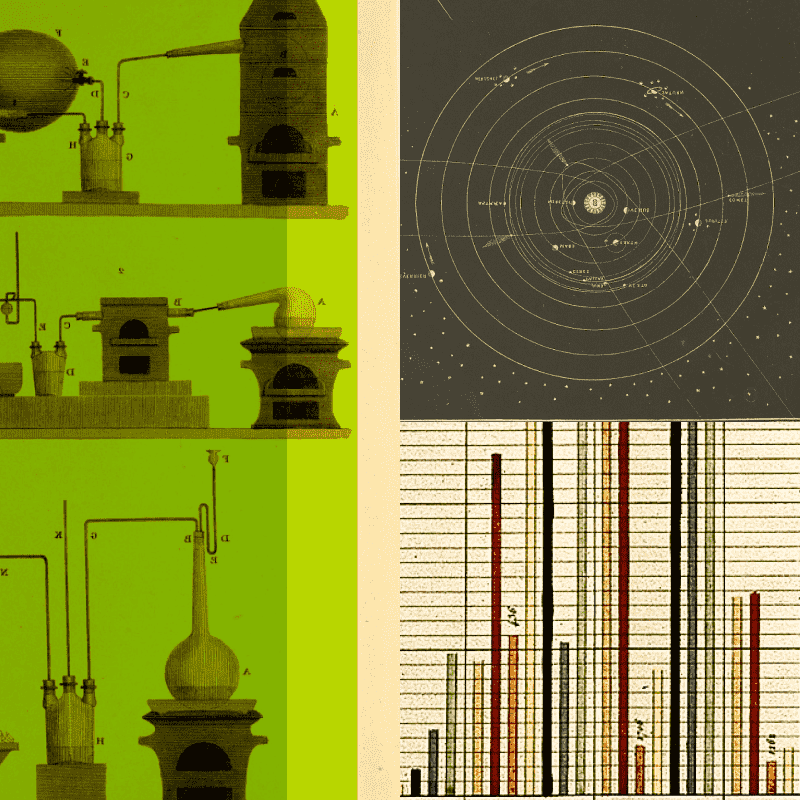Science is a dynamic and ever-evolving process for building our understanding of how the world works, and it helps us describe these systems in meaningful, effective ways. Modern science encompasses the natural sciences (biology, chemistry, and physics), the formal sciences (computer science and mathematics), and the social sciences (sociology, economics, and psychology). Whether motivated by general curiosity or seeking specific answers to pressing questions, learners can co-learn with facilitators to find personally relevant answers, build valuable skills, and ask exciting new questions.
Practices:
- In preparation for your learning circle, do your best to identify your community’s interests. Adults engage in informal scientific learning to satisfy their personal curiosity, find answers to pressing questions about their health, and learn new skills for the workplace, along with a variety of other reasons. In all of these cases, the most actively engaged self-directed learners are motivated by their personal interest in the subject matter. Use the Q Method to solicit interest, drive engagement, and choose topics relevant to your community.
- The most successful learning circles tend to focus on specific shared goals instead of general theoretical branches of knowledge. For example: “Identify local native plants” will tend to be more successful than “Introduction to Botany.”
- Reconsider your relationship to the traditional five-step “scientific method!” Berkeley’s Understanding Science project breaks down how scientific research processes are non-linear, collective, creative, and ever-changing. Let your learning circle be a space for learners to ask wild questions, test new ideas, and dive deeper into emerging research.
- This is true of all learning circles, and we want to emphasize it here: you don’t need to be a subject matter expert to run a successful learning circle about science. As a facilitator, your role is to create a space that lets learners take ownership of their own self-directed learning process. Visit the co-learning section of our Knowledge Base to learn how to use facilitator guides to keep track of questions and add links to helpful videos, articles, and activities.
- If members in your community have specific goals for scientific learning that aren’t easily matched with an existing free online course (for example: building a guitar effects pedal), consider visiting our Knowledge Base to learn more about creating a new course with your learning circle. As a group, use a facilitator guide to keep track of articles, videos, tutorials, and other helpful resources that you encounter as you engage in trial-and-error learning.








